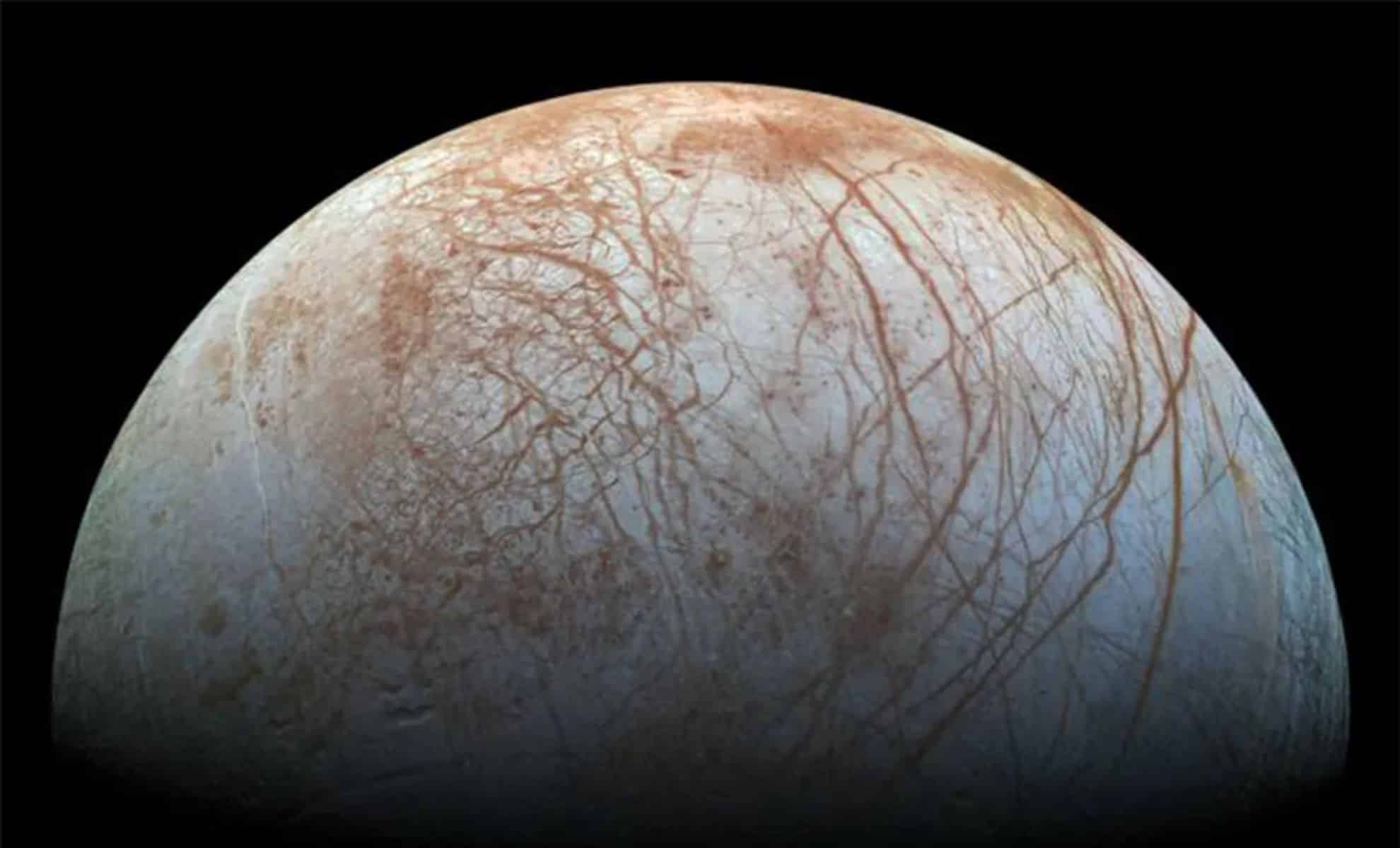In a mission that changed our understanding of gas giants, NASA’s Galileo spacecraft made history not just in orbit but also in its dramatic descent into Jupiter’s atmosphere. Launched in October 1989, Galileo became the first spacecraft to…
Category: 1. Edi-Choice
-
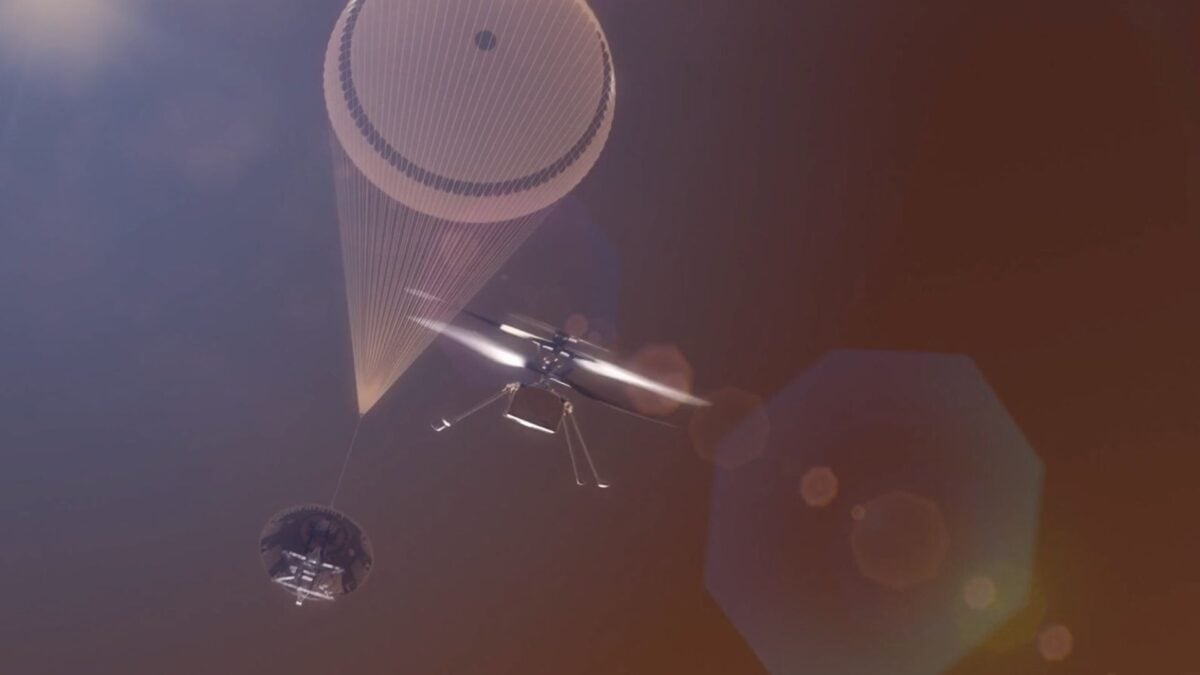
Jaw-Dropping Video Shows NASA’s Plan to Deliver a Helicopter Swarm to Mars Without Landing
It’s been more than a year since the Ingenuity helicopter broke one of its blades, ending its experimental stint on Mars. On the heels of this wildly successful NASA mission, a defense contractor has…
Continue Reading
-
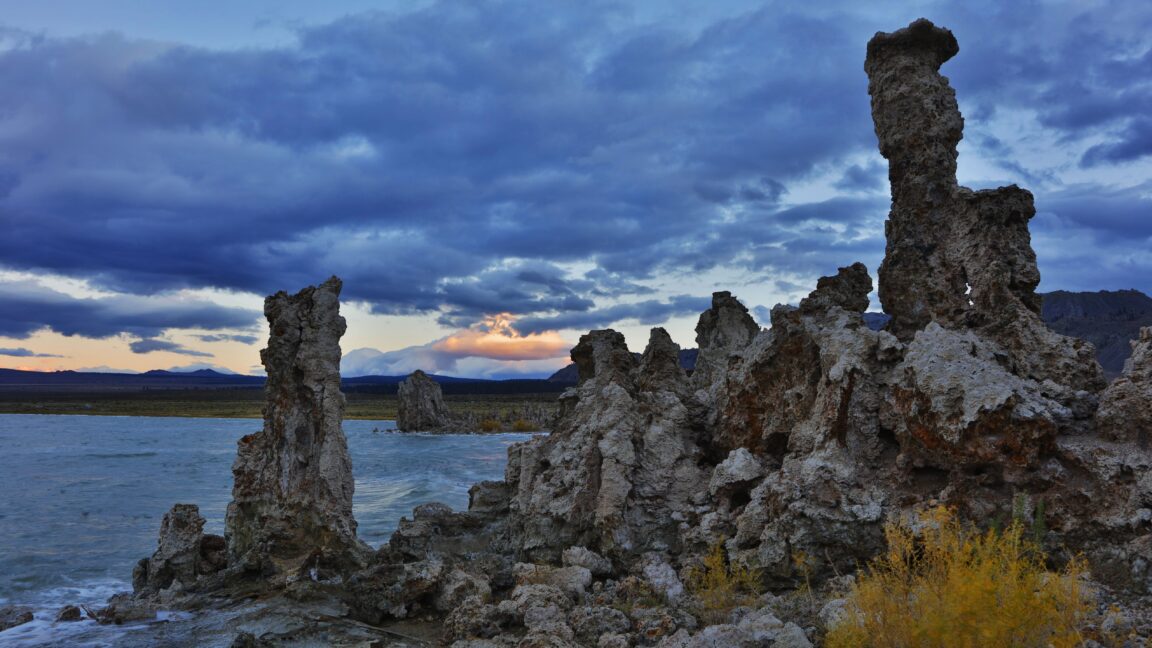
Widely panned arsenic life paper gets retracted—15 years after brouhaha
In all, the astronomic hype was met with earth-shaking backlash in 2010 and 2011. In 2012, Science published two studies refuting the claim that GFAJ-1 incorporates arsenic atoms into its DNA. Outside scientists concluded…
Continue Reading
-
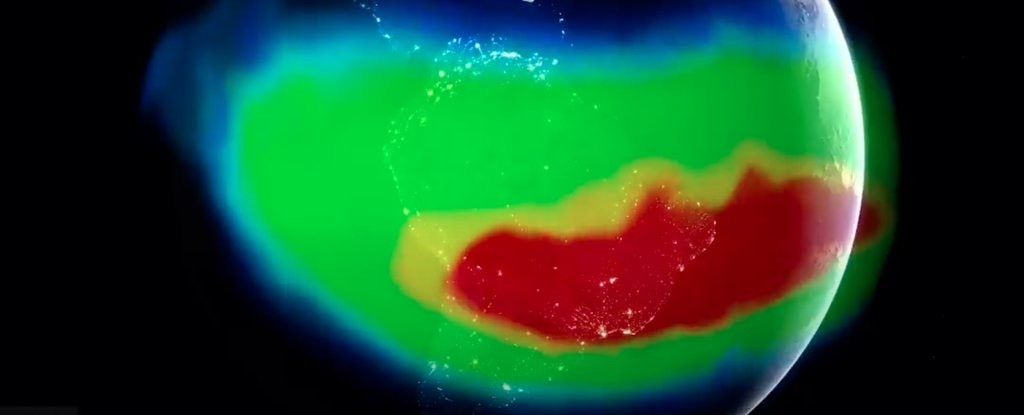
NASA Is Watching a Huge Anomaly Growing in Earth’s Magnetic Field
For years, NASA has monitored a strange anomaly in Earth’s magnetic field: a giant region of lower magnetic intensity in the skies above the planet, stretching out between South America and southwest Africa.
This vast, developing phenomenon,…
Continue Reading
-
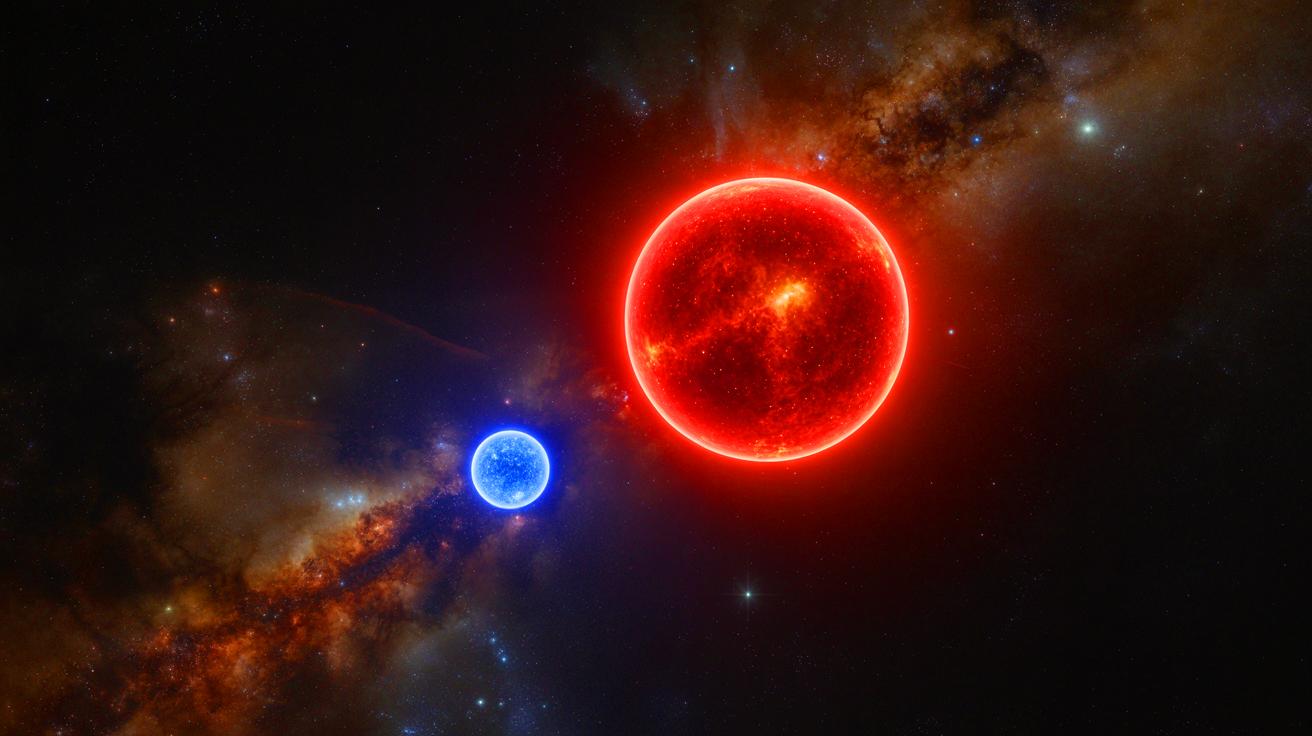
“This Star Was Never Alone”: Astronomers Shatter 1,000-Year-Old Belief With First-Ever Image of Betelgeuse’s Hidden Companion
IN A NUTSHELL - ? Astronomers have confirmed the existence of Betelgeuse’s long-speculated companion star using the advanced ‘Alopeke instrument.
- ? The companion star is a hot blue-white star with a mass about 1.5…
Continue Reading
-
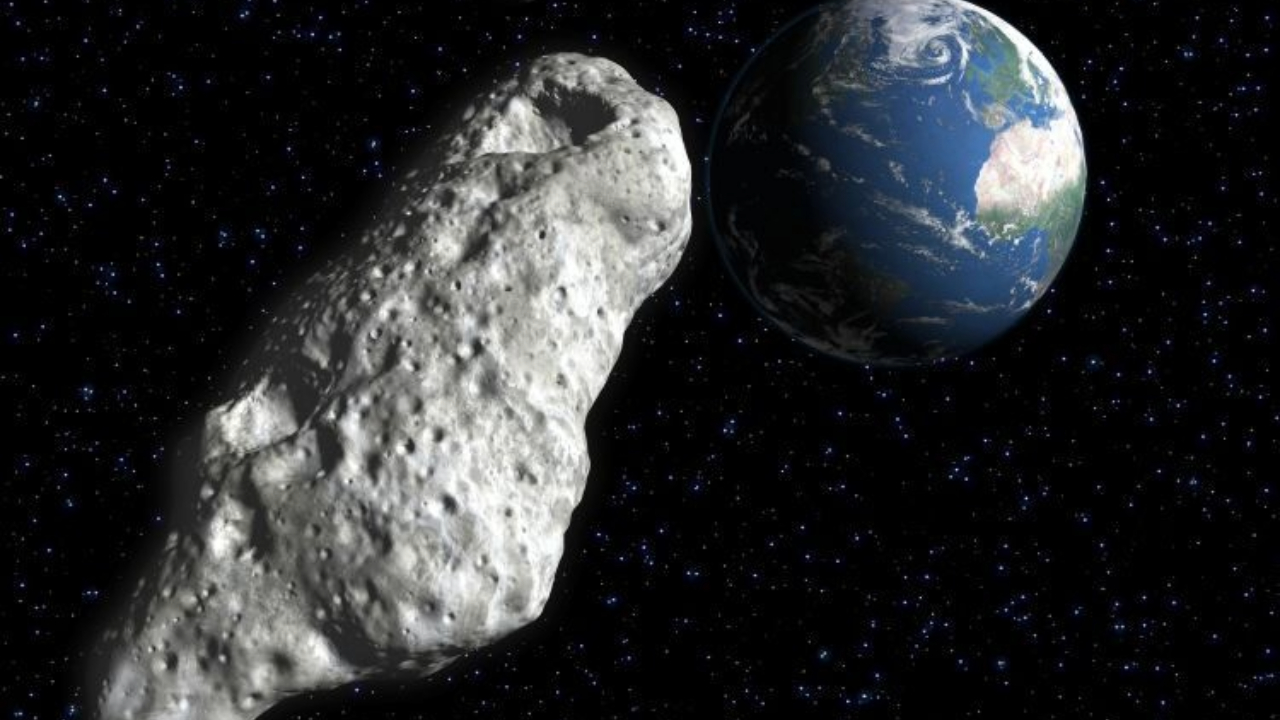
NASA or the Space Force: Who should protect Earth from dangerous asteroids?
Recent NASA budget uncertainties could make one space agency endeavor up for grabs — defending Earth from incoming space rocks.
That effort, undertaken by NASA for many years, could be given to the U.S. Space Force, which has a much bigger new…
Continue Reading
-
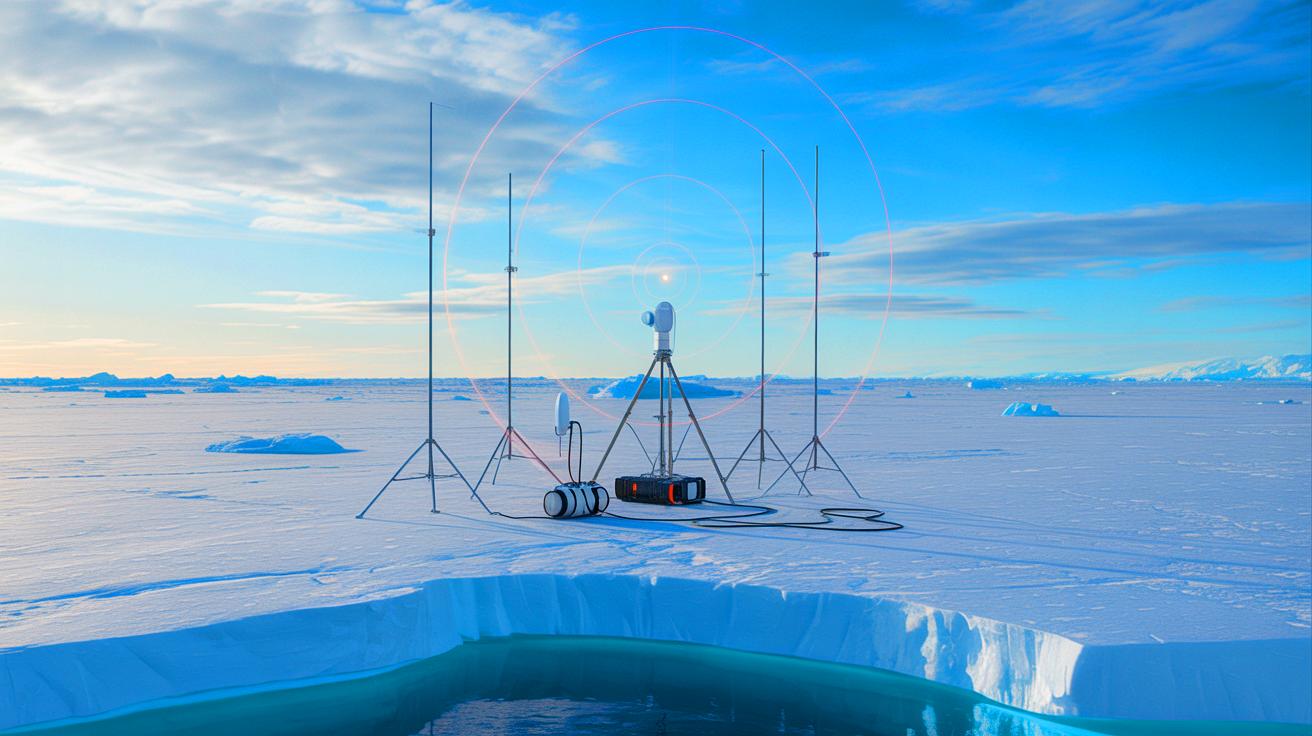
“This Shouldn’t Be There”: NASA Scientist Ignites Firestorm After Detecting Physics-Breaking Radio Signal Beneath Antarctic Ice
IN A NUTSHELL - ? NASA scientists have detected mysterious radio signals from beneath the Antarctic ice, challenging established physics.
- ? The discovery originated from the ANITA project, which used balloons with radio…
Continue Reading
-
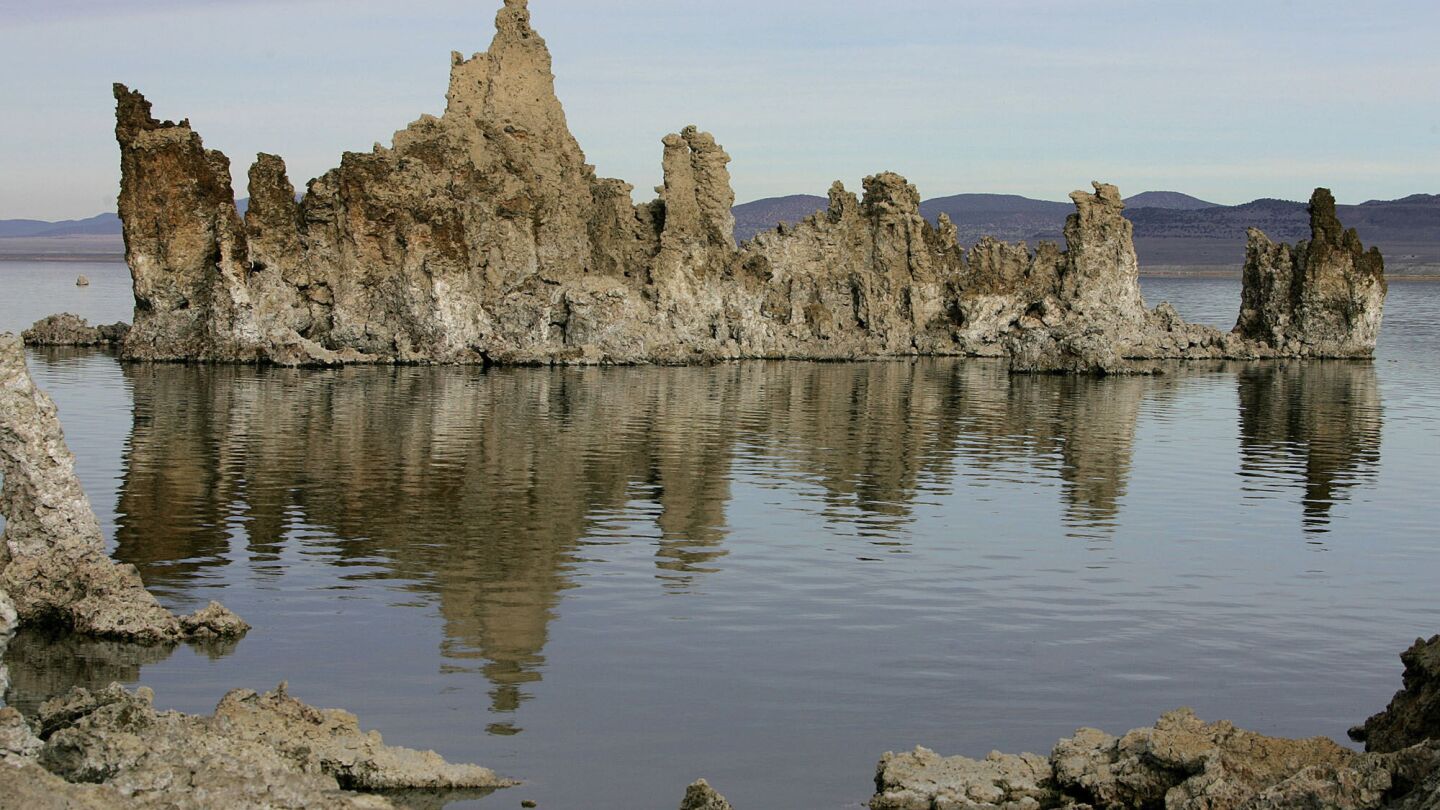
A NASA-funded study that hinted at a bizarre life form in Mono Lake has been retracted
NEW YORK (AP) — A microscopic discovery in a California lake sparked buzz and controversy more than a decade ago when it was first revealed.
Scientists said they’d discovered bacteria that used the…
Continue Reading
-

Inside the top-secret labs that build America’s nuclear weapons
| Albuquerque, Livermore, Los Alamos and Santa Fe
Each experiment at the National Ignition Facility (NIF) in California—a “shot”—lasts just a few billionths of a second. A lot happens in that brief moment, however: 192… Continue Reading
-
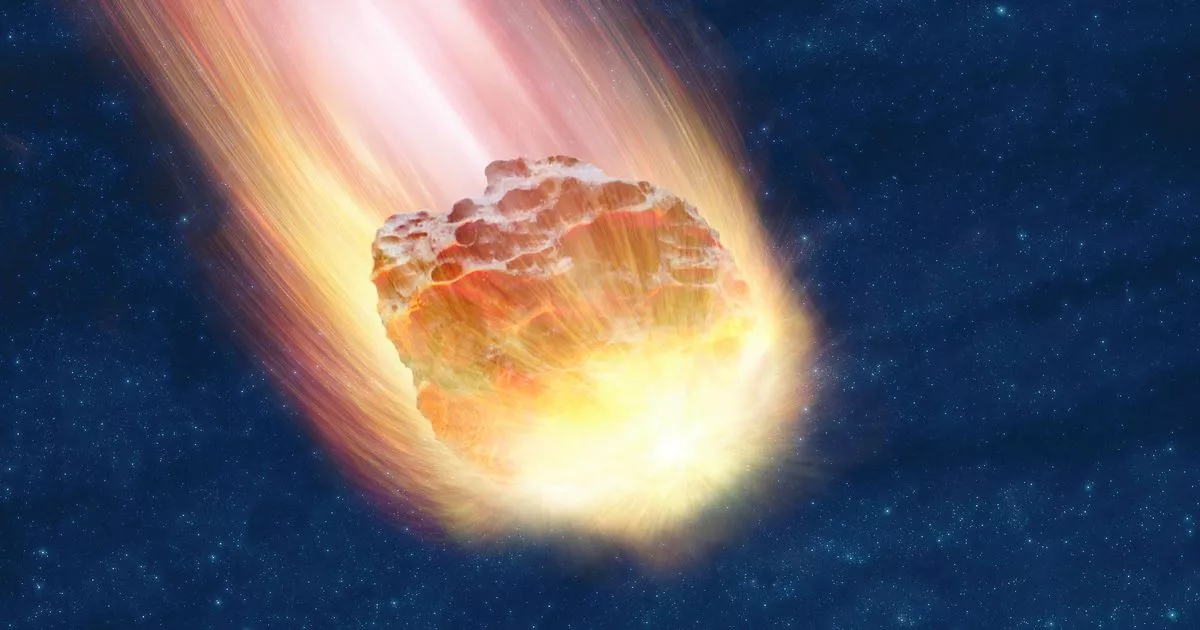
NASA shares July 28 update as asteroid heading towards Earth’s direction ‘fast’
The space centre has announced that a large asteroid – known as 2025 OW – is on course to pass by Earth on Monday, July 28
Continue Reading
